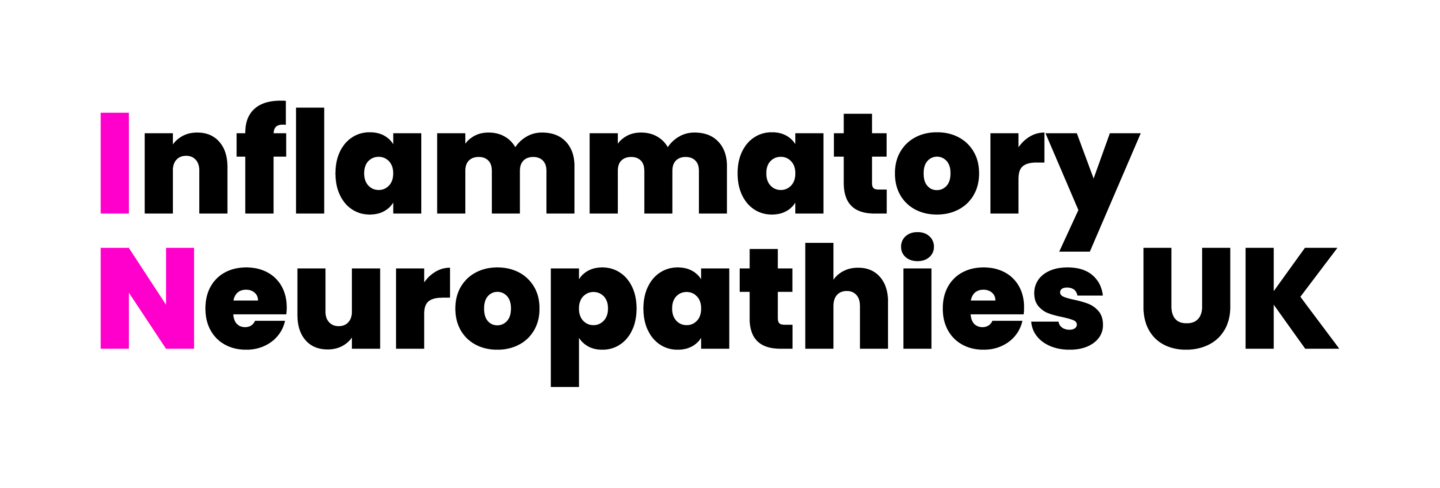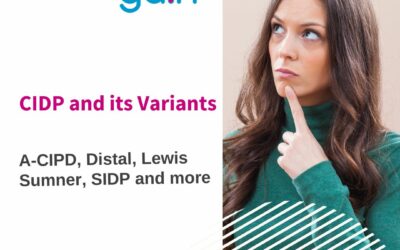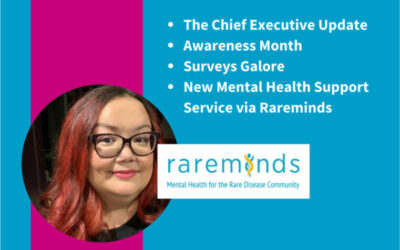We have been waiting a while for a Budget from the new Labour Government, and it finally arrived on Wednesday 30th October. So, what kind of budget did we get? Our Chief Executive Rich Collins has waded through and gave us his views on what the budget means for people impacted by GBS, CIDP, MMN and other conditions, for GAIN, and for the health and community sectors.
I really didn’t know what to expect from this budget. A lot of teasers and early announcements had been trialled in the press over the last week or so, but you never know what will be tucked away in the budget until the Chancellor stands up and goes through the lot. Even then, we are often left to pick up the detail later.
This year’s budget was monumental in many ways. The first budget delivered by a female chancellor ever, the first Labour budget for 14 years, and a budget that was set against a much discussed ‘£22bn black hole’ in the public finances.
So the headlines. Rachel Reeves announced £40bn in tax rises. That’s a lot of tax rises by anyone’s standards. These though, were aimed though at business rather than individuals (more on that later). The other big headline was that this budget was all about growth (a theme significantly linked to this government), with a big push on increased investment in order to power growth, stabilise the economy, and put the country on a more balanced economic path going forward. There is lots of debate about how successful that strategy will be or not from different economists, so I won’t go into that here.
As with any budget, there was an awful lot to consider, but from all of the announcements, what are the things that people impacted by GBS, CIDP, MMN and other conditions, and GAIN need to consider.
Lets’ start with the positives. An announcement on the NHS came at the end of the budget (the place for big surprises), and was something I was delighted to see. A whopping £22.6bn for day to day spending in the NHS. This is a significant increase, and while there are many who think this won’t be enough, it really is a step up in health spending that is likely to have a positive impact on patients.
It was also announced that £3bn would be made available to the NHS for capital spend (on buildings and equipment) with £1.5bn centred around diagnostic testing, something that we know really impacts on the people we support. This is very much welcomed. There was also more money for mental health services, but this is most likely to be centred around crisis, rather than the emotional health support we are advocating for.
Also, it was again stated that there will be a new 10 year plan for health and social care announced next spring. We look forward to continuing to feed into this work, and to makes sure that our community’s voice is heard amongst the consultation.
The other big announcement for me, was around Carer’s Allowance. This hasn’t been looked at for years, but we know what an important lifeline it is for families. The earnings limit for Carers Allowance is being increased by £45 a week, enabling Carers to earn more without losing their allowance. It is a small win for Carers, but after years of stagnancy, I think this is a positive move.
On a more negative note, I was dismayed to hear the Chancellor talking about ‘a benefits crack downs’ and ‘fraudsters’ amid a push to support more people back into work. There is the real threat that we continue to demonise people who cannot work due to illness or disability, and to negatively impact on recovery or living well with a condition, due to lack of understanding around need. It was good to see recognition that fair repayment of Universal Credit was seen as a burden, and that changes to this will support 1.2m of the poorest households.
The final piece of positive news to highlight was around further investment in Life Science Innovation (£50m) and Research and Development (£20bn) with £6.1bn for core research including medical science. Hopefully, this will help support further development of research and treatments across Neurological Conditions, including GBS, CIDP, MMN and other conditions.
At the start of this piece, I mentioned the £40bn of tax rises. Normally I would be shouting about the negative impact of taxes on people, but in this instance, these tax rises have been targeted on businesses, and the highest earners. This should mean that (in most cases) people impacted by GBS, CIDP, MMN and other conditions will be largely protected.
The impact of these tax rises will however be felt by businesses, including charities. The lion’s share of the tax rises (£25bn) will come through National Insurance paid by employers. The rate is rising from 13.8% to 15%. However, the threshold when the employer pays for each individual is falling from £9,100 to £5,000. This is a big and potentially costly change, particularly for those employing lots of people. There is some protection for smaller organisations, with NI liability (the amount you don’t pay on) rising from £5,000 to £10,500. This means that GAIN probably won’t be impacted, but that it may mean that we think twice about employing more staff.
The community sector will not be happy about these changes (particularly larger charities) and there is also lots of talk about increases in minimum wages, and the impact on budgets. For us, it will make us consider recruitment carefully, but we believe paying people appropriately is essential, and part of ensuring our staffing models are sustainable. The rest of the sector will be more worried if they employ lots of people and are concerned about their funding models.
The community sector has welcomed more funding into local government, but for GAIN, we don’t hold local contracts, and demand for our services is likely to continue to increase. Therefore, this is fairly immaterial to us. Hopefully though, it will mean better social care and community support for people impacted by GBS, CIDP, MMN, and other conditions. We would have liked to have seen more support for the community sector, but maybe this will come with the new Covenant in the future.
So to cut a long story short (I know, too late!) a reasonably good budget for people, a budget that will not upset the markets too much, a budget that will cause some businesses to consider employment more closely, a budget that will cause larger charities some concern, and a budget that does not overly impact GAIN. With that ‘£22bn black hole’ hovering over us all, it could have been a lot worse for people.




